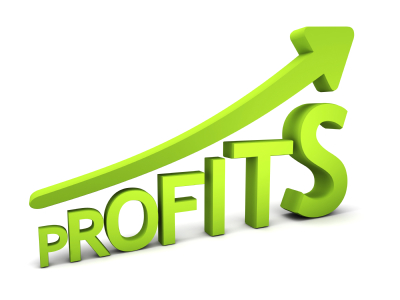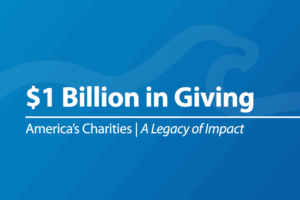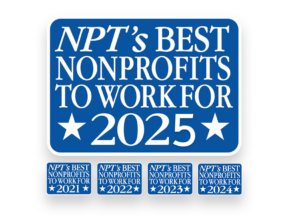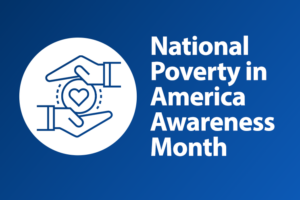Sarah Ford | June 2, 2014
Where Profits Aren’t Enough
By Marc Ross
In developing this commentary on corporate responsibility, I kept thinking about a statement made by one of the most influential CEOs in America.
At Apple’s annual shareholder meeting earlier this year, their usually mild-mannered chief executive Tim Cook delivered an angry retort when asked by a representative of a conservative D.C.-based think tank if the company would commit to making only profit-driven decisions. This was preceded by another question, from the representative of The National Center for Public Policy Research, scrutinizing the wisdom of Apple’s green energy investments and a demand to disclose the cost of its green energy and sustainability programs.
To which Mr. Cook responded: “When we work on making our devices accessible by the blind,” he said, “I don’t consider the bloody ROI (return on investment).”
Apple does “a lot of things for reasons besides profit motive,” Cook said, according to several accounts of the February 28 shareholder meeting. “We want to leave the world better than we found it.”
Mr. Cook, along with a growing number of corporate officers and boards, acknowledges a truth that cannot be ignored: business can no longer be just a profit-driven machine.
More so than ever, because of the delicate state of our environment, we need leaders in Corporate America to change the way business is done. We need leaders like Mr. Cook — leaders who aren’t afraid to push back at shareholders who lack long-term vision.
While the importance of profit cannot be denied — whether that is for the mom-and-pop corner deli or for huge multibillion-dollar multinational corporations — there is no genuine profit in plundering nature’s capital, pillaging its ever-depleting stock of life that sustains life for us.
If we can’t step away from short-term economic thinking and take into account the long-term consequences of our actions, our thirst for energy and sustaining a highly wasteful material culture, we must acknowledge that we all will eventually cut into the bottom line of the 7.1 billion people on this planet. We need to strike a stronger balance that puts the value of profit, society and environment on equal footing.
Fortunately, there is hope.

Get Resources and Insights Straight To Your Inbox
Explore More Articles
$1 Billion in Giving: America’s Charities Reaches a Historic Milestone
A testament to the impact of mobilizing the power of giving. We have some extraordinary news to share. In 2025, America’s Charities crossed a threshold that few organizations…
America’s Charities Named ‘Best Nonprofit To Work For’ For Fifth Consecutive Year
Washington, D.C. – April 1, 2025 – America’s Charities, the nonprofit that mobilizes the power of giving as a leading provider of volunteering, workplace giving,…
Get Resources and Insights Straight To Your Inbox
Receive our monthly/bi-monthly newsletter filled with information about causes, nonprofit impact, and topics important for corporate social responsibility and employee engagement professionals, including disaster response, workplace giving, matching gifts, employee assistance funds, volunteering, scholarship award program management, grantmaking, and other philanthropic initiatives.




